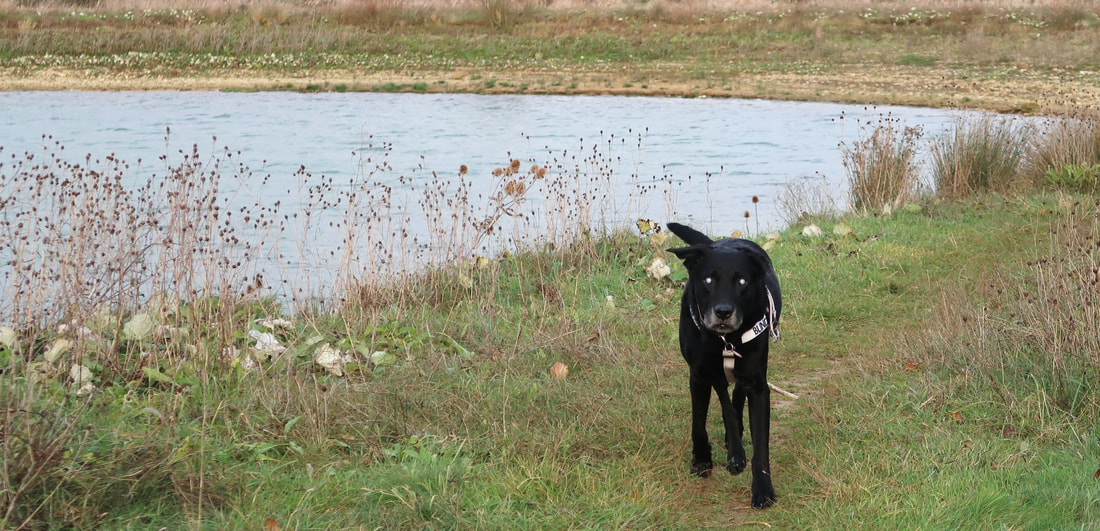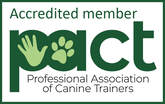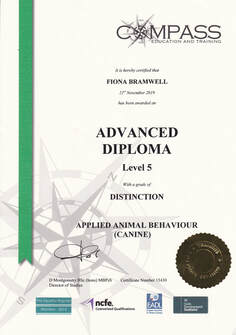Help with sensitive dogs Oxfordshire -
supported walks for sensitive dogs and their human guardians
Supported walks could be relevant for you and your dog if:
- You have an adolescent, adult or elderly dog that is easily distracted, stressed, or can be reactive. Your dog is able to listen to you but may be showing subtle body language signs of stress (e.g. lip licking, yawning, body tension) or may have sensory challenges. Perhaps your dog has a tendency to pull on leash or lunge towards things they are uncertain about or might be mildly affected by sudden sounds or movements but is able to recover quite quickly.
- Your dog has reached adolescence and become less responsive to training. Adolescence is a sensitive period when hormone levels are high. The brain is being reorganized and new connections are being made. This can result in reduced ability to control emotions, increased sensitivity to things that a dog senses in the environment and increased risk-taking. Your dog may lack self control or confidence or may be overly excitable.
These supported walks are not appropriate for dogs that:-
- are hypervigilant and constantly scanning the environment around them.
- are unable to recover quickly from stressful situations and calm themselves down.
- lunge or react strongly or bark excessively.
- are displaying hyperactive behaviour.
- have a low arousal threshold for reacting to things around them.
What is covered?
- An initial informal assessment walk helps to ensure that subsequent sessions are responsive to your own and your dog's needs and preferences. This will include giving your dog the space and processing time they need to feel safe, progressing at their pace, respecting a dog's preferences for interaction, giving a dog the choice and control that they are able to cope with, and providing an escape route when needed. Sessions are also planned around your own preferred learning styles, wishes, and any specific needs you may have to ensure a comfortable, positive and fun learning experience for humans and their canine partners.
- Handling of comfortable and safe equipment.
- Attunement e.g. listening to and responding to what your dog is communicating to help them feel safe.
- How to work with the environment to help your dog remain calmer, happier and more comfortable with this.
- Techniques you can use to support your sensitive dog to relax and calm themselves down.
- Using movement in a way that promotes calmer associations.
- Activities that encourage focus and enthusiasm around distractions e.g. through play.
- Activities that meet your dog’s needs and motivations e.g. scent work.
- Walks around another dog if your dog is ready for this.
- A dog-centred and empowering approach that recognizes the importance of a secure dog human attachment.
- A range of useful handouts.
Contact Fiona on [email protected] or via the contact page for further information.



